A letter obtained by Motherboard discusses internet browsing, location, and other forms of data.
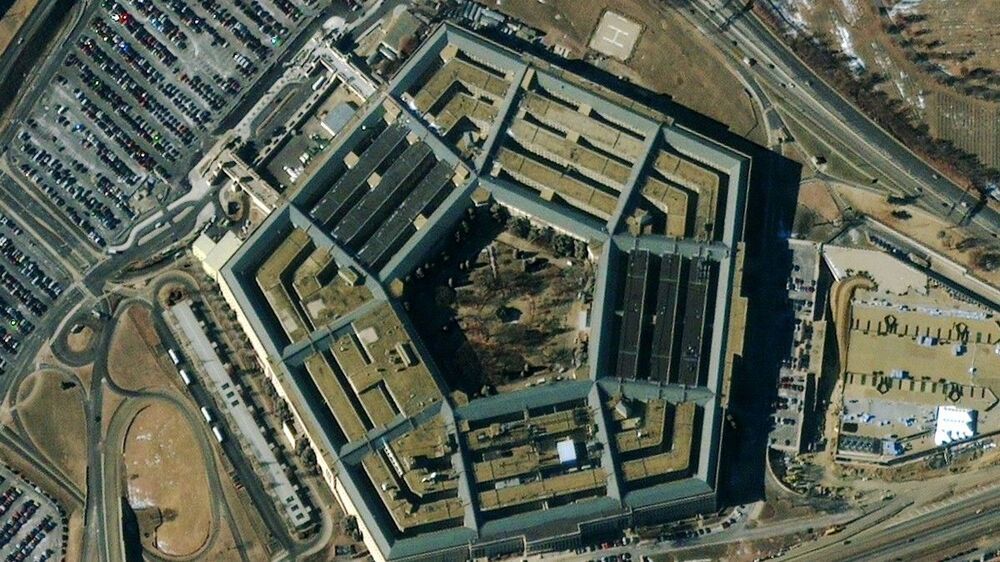


It will serve as a backbone network for the China Environment for Network Innovations (CENI), a national research facility connecting the largest cities in China, to verify its performance and the security of future network communications technology before commercial use.
Experimental network connects 40 leading universities to prepare for an AI-driven society five to 10 years down the track.

A Falcon 9 rocket and 60 more Starlink internet satellites set for launch early Sunday at Cape Canaveral will mark the first time SpaceX has flown a first stage 10 times, reaching a milestone that the company once said could be a limit for reusing boosters. Now SpaceX plans to keep flying reused rockets on Starlink missions until one fails.
The mission Sunday is set for liftoff at 2:42 a.m. EDT (0642 GMT) from pad 40 at Cape Canaveral Space Force Station, Florida. Nine kerosene-burning Merlin 1D engines will power the Falcon 9 rocket northeast from Florida’s Space Coast, following a trail blazed by 26 previous dedicated Starlink missions.
There is an 80 percent chance of good weather for launch at Cape Canaveral, according to the 45th Weather Squadron at Patrick Space Force Base. There is also a good chance of favorable upper level winds and acceptable conditions in the Falcon 9 booster’s downrange recovery area in the Atlantic Ocean.

Recently, scientists designed an AI agent that learns 60% faster than its peers by combining quantum and classical computing. 📈
This week, an international collaboration led by Dr. Philip Walther at the University of Vienna took the “classic” concept of reinforcement learning and gave it a quantum spin. They designed a hybrid AI that relies on both quantum and run-of-the-mill classic computing, and showed that—thanks to quantum quirkiness—it could simultaneously screen a handful of different ways to solve a problem.
The result is a reinforcement learning AI that learned over 60 percent faster than its non-quantum-enabled peers. This is one of the first tests that shows adding quantum computing can speed up the actual learning process of an AI agent, the authors explained.
Although only challenged with a “toy problem” in the study, the hybrid AI, once scaled, could impact real-world problems such as building an efficient quantum internet. The setup “could readily be integrated within future large-scale quantum communication networks,” the authors wrote.

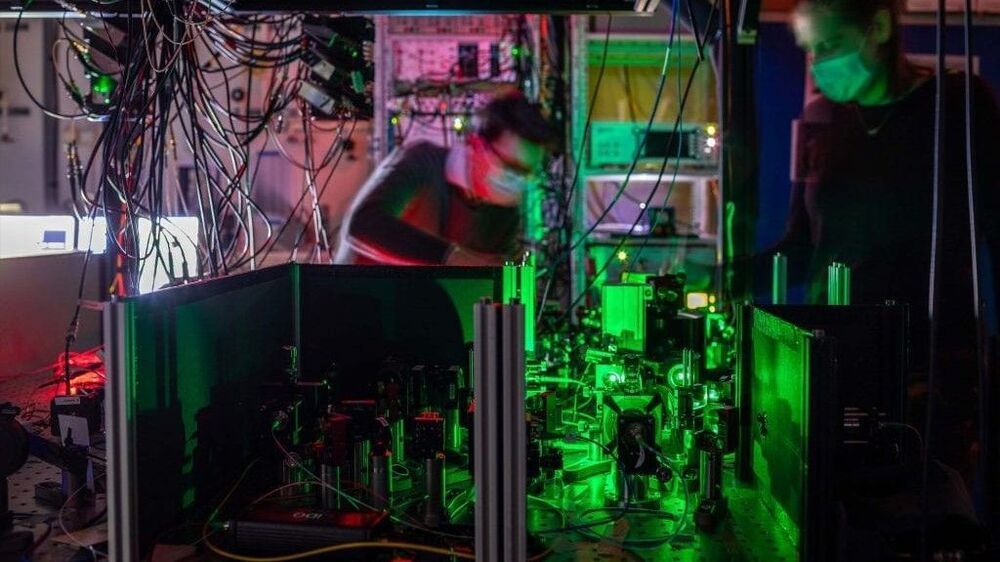
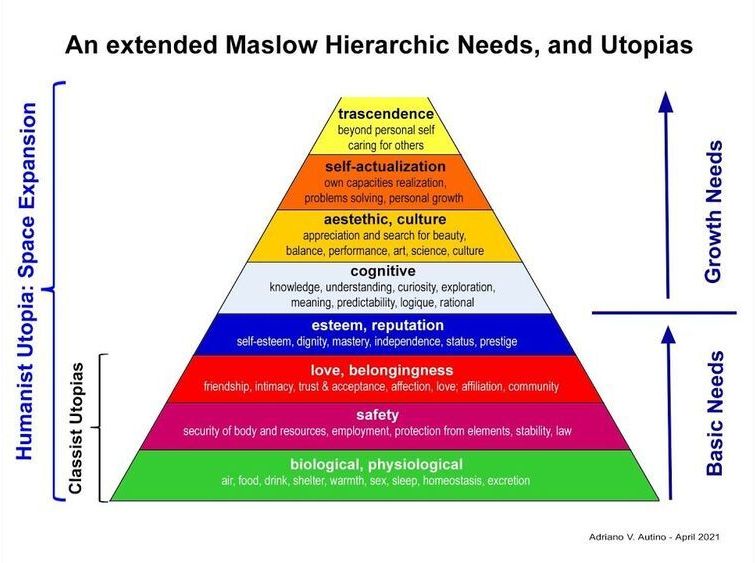
Watch the Webinar “Space Renaissance and Spirituality”, held yesterday April 25th 2021.
The webinar “The Space Renaissance and Spirituality” discusses another, often neglected, primary need of humans: spirituality. Spirituality animated human deep feeelings and culture since the very ancient times of our history on our mother planet, Earth. Spirituality is a feeling that characterizes us, as human beings, and cannot be felt by other sentient but not self-aware and less intelligent species. Spirituality suggests reverence for life and great appreciation for the highest expression of nature: the intelligent life.
The Webinar Series are done in the frame of 2021 Space Renaissance Congress “The Civilian Space Development”.
The panel includes:
- Adriano V. Autino (SRI President and Co-Founder, author of “A greater world is possible!”, trying to develop further the Astronautic Humanism philosophy) 07:41
- Giulio Prisco (blogger and founder of the Turing Church, Hungary) 34:18
- Paul Ziolo (Director of Psychohistory Department, University of Liverpool, UK) 51:37
- Tsvi Bisk (Strategic Futurist, author of Cosmodeism: A Worldview for the Space Age, founder of The Center for Strategic Futurist Thinking, Israel) 01:10:30
- The Cometan (Brandon R. Taylorian, founder of the Astronism channel, UK) 01:27:32
- Steven Wolfe (Founder of Beyond Earth Institute, author of “The Obligation ”, evolutionist philosopher, USA) 01:47:26
- Alberto Cavallo (SRI Co-Founder, Buddhist, Engineer, Scholar of Philosophy, Italy) 02:01:05
Moderates: Giulio Prisco.
Some introductory questions to the panelists:
- Spirituality, and religion, animated human efforts during the whole human history.
- Religions were often used as a sectarian flag, to motivate wars, conquers and ethnic cleansing anti-human acampaigns.
- However, at the dawn of expansion into outer space, humans feel the need to cultivate spirituality — both as individuals and communities — facing the magnificent mistery of the Universe.
- In the same time, a mature open spirituality could be a wonderful synergystic alliedm with science and philosophy, helping to motivate the profund evolutionary impulse to expand Earthly bioma into the Solar System and beyond.
- The original meaning of the term Religion, from Latin language, is religere=joining efforts, and can be related to both theist and secular communities.
- Should space advocacies include spirituality in their public outreach and discussion?
- If yes, how to avoid this message to be confused with irrational, new ageist and fake metaphysics, so common in the web age?
- Which are the common shared deep humanist concepts and ideals, among some currents, such as Astronautic Humanism, Astronism, Cosmodeism, and some theist and non theist Religions?
- The aim of this discussion shouldn’t be a game among different spiritual currents, but a first effort to share and put together some agreed concepts and believes, for the sake of the space renaissance, a true and urgent well motivated strategy of space settlement.
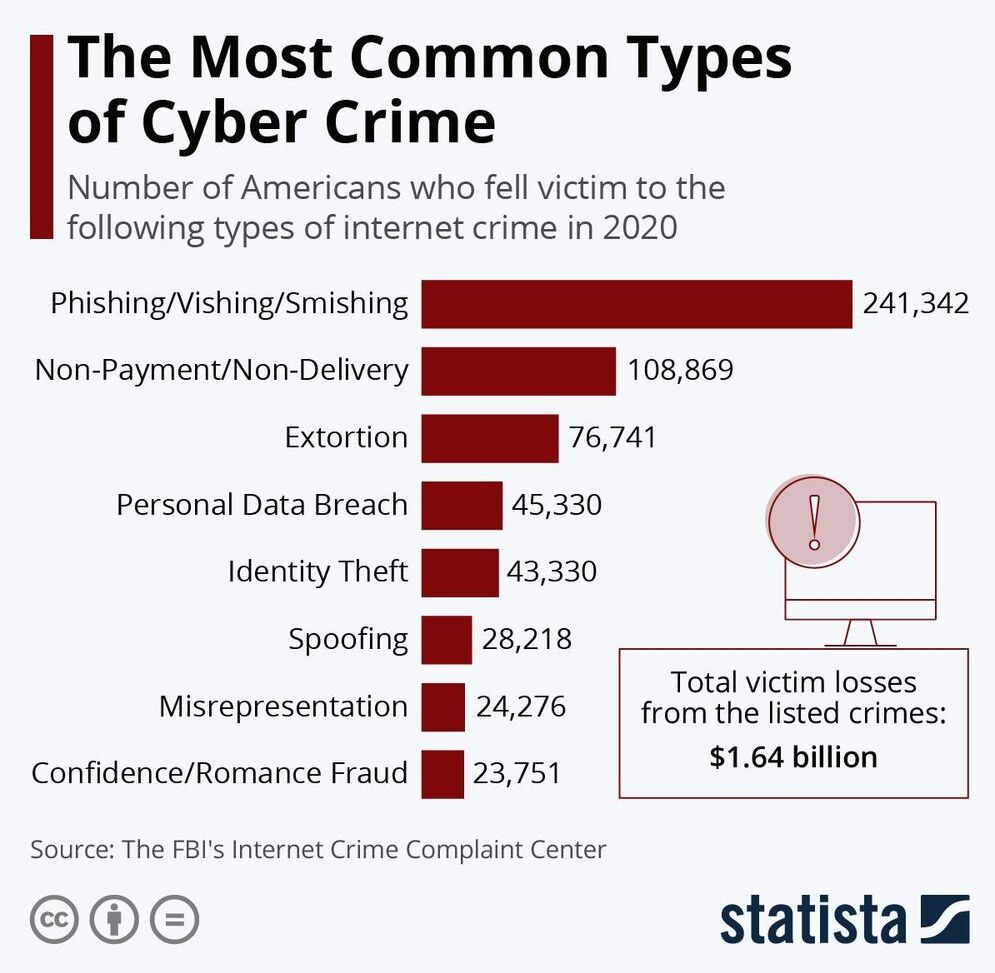
Deleting another spam email in our inbox is becoming an everyday habit. Some may have even had their accounts hacked after clicking a misleading link or had their identities stolen. These are some common cybercrimes and as our reliance on the internet grows, our interactions with cybercrimes becomes more frequent.
According to a recent FBI report on internet crime, 241342 Americans fell victim to phishing, vishing (via call) and smishing (via text) attacks last year, making it the most common type of cybercrime.
This chart shows the most common types of internet crimes in the U.S. in 2020.
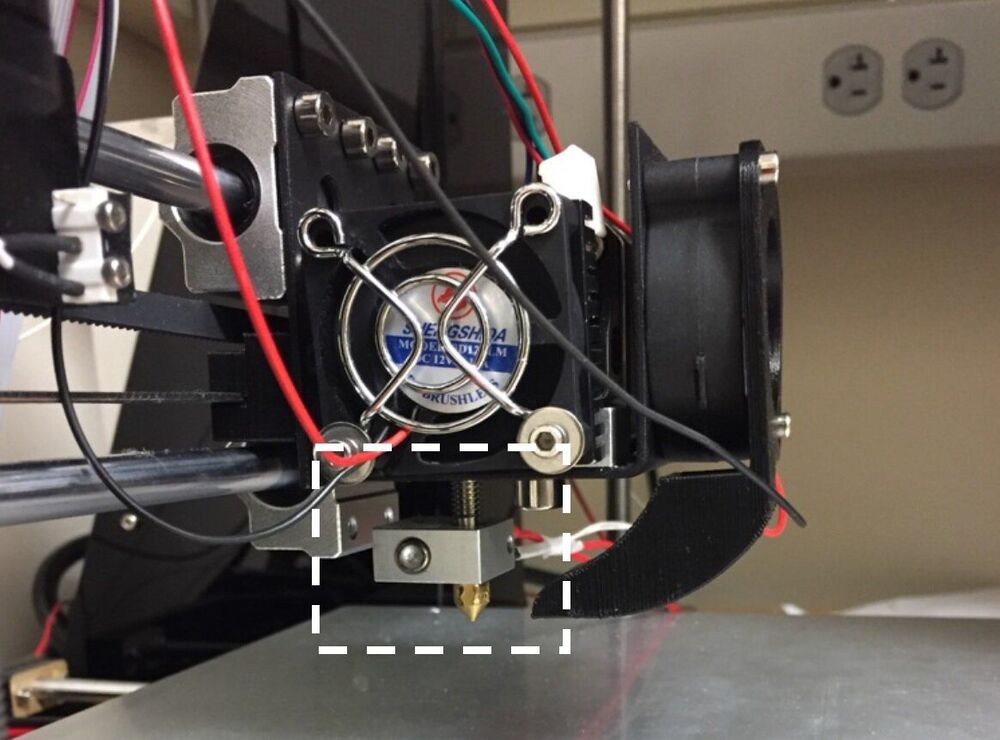
3D printing is transforming everything from fashion and health care to transportation and toys. But this rapidly evolving technology, also known as additive manufacturing, can threaten national security and intellectual property rights.
To reduce illicit use of 3D printers, Zhanpeng Jin, Ph.D., associate professor in the Department of Computer Science and Engineering at the University at Buffalo, is developing a way to track the origin of 3D-printed items.
His concern was that, as long as people have the digital design for an item, which can be downloaded from the internet, sometimes as open-source material, people can print out anything they want, which can range from computer parts and toys to fully functional handguns and assault rifles.
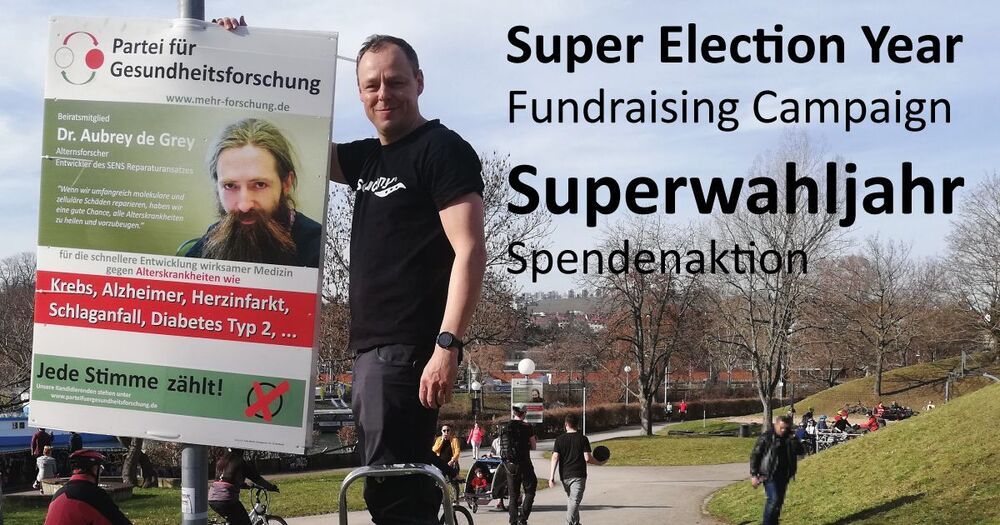
We do a fundraiser for the collection of support signatures for the admissions of the German Party for Health Research to the German federal election and to the state elections in Berlin and Thuringia. Those three elections take place on September 26th 2021.
Attention: According to the law, we are not allowed to receive more than 1000 Euro per year per donor from donors, who live outside the European Union.
Unlike in other countries, in Germany parties with 5 % of the votes or more get into parliament and can be part of the government (a government coalition). Also parties get funds from the state, if they receive at least 0.5 % of the votes in the federal election or at least 1 % of the votes in a state election.
The donations are needed in a large part to hire people, who help to collect the required support signatures.
The goal of the fundraiser is 45 thousand Euro. That is 3000 Euro per state for the federal election for our 13 state associations and 3000 Euro for each of the two state elections.
But even with less total funds we could still achieve a lot: If we only manage to get enough support signatures for the three states North Rhine-Westphalia, Bavaria and Baden-Württemberg for the federal election, we would already be on the ballot papers of about 51 % of the voters, if one assumes, that the percentage of residents equal the percentage of voters in a state. And if we would manage to be admitted additionally in the four states Lower Saxony, Hesse, Saxony and Berlin, we would be on the ballot papers of about 77 % of all voters (for all 13 states, where we have state associations, it would be about 96 %).
The deadline for submitting the support signatures is the 19th of July 2021. But we ask you to donate as soon as possible, so that there is still enough time for collecting the support signatures.
The German Party for Health Research promotes significantly more government funding for biomedical research to hasten the development of effective medicine against the diseases of old age. At the state election in Saxony-Anhalt on June 6th 2021 e.g. we demand in our election program, that 10 % of the total government budget should be invested in this area additionally (Here is our election program in German). Through the participation in elections we can do advocacy for our issue very efficiently and we give voters the opportunity to show the other parties the importance of our issue by giving us their vote. The more elections we manage to participate in, the faster we get more known, the faster we get more and more votes probably and the bigger is the chance that we will reach our goal faster. And the fact that this year a lot of people will probably vote per postal vote could also be very beneficial for our party. At home people probably look at the ballot paper more thoroughly than at a polling place and if they read our party name on the ballot paper and don’t know us yet, they have the time to search the internet for us, before voting.